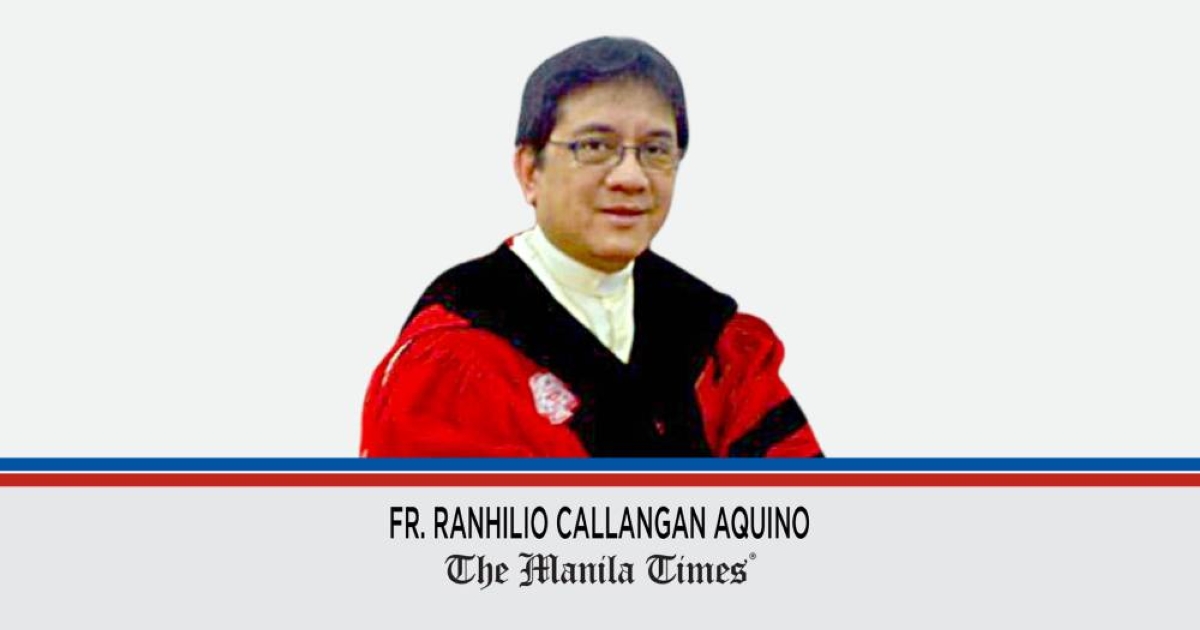
BASIC EDUCATION
HE said that he would have a Secretary of Education at the end of last week, but President Bongbong Marcos has admitted that selecting one is more difficult than he had earlier thought. He has asked for more time to make a choice. At the commencement of his administration, he did not have to wait at all since the vice president, Inday Sara Duterte, volunteered for the post and by express provision of the Constitution, no confirmation by the Commission on Appointments was necessary.
Elementary schools are preparing to implement the "Matatag curriculum" — the latest in the rather fast-paced evolution of the basic education curriculum. Project implementation will run through till 2027-2028 when it goes into effect for Grade 10. Obviously, the foremost question vexing school heads is: "What happens to the Matatag curriculum?" My urgent plea to whoever is chosen to head the department is simple: Keep it, and let us apply the brakes on ceaseless experimenting that has yielded hardly anything more than confusion on the part of teachers and school heads in our elementary and high schools. Whenever the curriculum is redesigned, it is not merely a matter of teaching pupils according to a new program of study. It involves the tedious task of re-orienting teachers and crafting appropriate learning materials. Some years ago, textbooks that were scandalously below par, riddled with factual errors and marred by grammatical lapses came to the attention of the public. That is the bitter fruit of so many changes in the curriculum that trigger the bid to churn up the corresponding instructional materials — textbooks, principally.
Insofar as the Matatag curriculum was designed to meet what educational diagnostics have determined to be the failings of basic education, it should be kept and implemented. Its emphasis on reading comprehension and numeracy is correct — these are the areas where we have done poorly. That it has returned Good Manners and Right Conduct (GMRC) is laudable, to which must be appended the "colatilla" that imbuing in our pupils, both in elementary school and in high school, "good manners" will call on the moral fiber of our teachers, their demeanor, their speech and their relations with their pupils, with each other and with the members of the community.
What must be revisited with urgency is the design of the Senior High School program. The vision of the Philippine Qualifications Framework, it seems, has just remained that — an unfulfilled, perhaps, now distant vision! What has happened to the well-conceived tracks and strands? As I understand it, the design consisted of transplanting the "General Education Component" of collegiate or university education to senior high school. But I was told by the implementers of senior high school that when the time came to implement the curriculum, there just were no materials to use — and teachers and school heads alike had to clutch at straws, whatever material they could get their hands on. The experience in many colleges and universities was that graduates of senior high school seeking admission to university-level studies lacked the knowledge, skills and competencies they were expected to have. So, many of the subjects that had earlier been consigned to senior high school are once more being offered in tertiary education.
It is graduation time — and the annual phenomenon of our colleges and universities turning out thousands of degree-holding graduates is upon us. The Philippine Qualifications Framework was supposed to shore up vocational and technological education. Perhaps the very concepts of "qualification" in the PQF will need revisiting because, as things now stand, National Certificates I to IV and the diploma are still "inferior" to a baccalaureate degree if one goes by the criterion of "degree of independence" as tabulated. Degree programs and certificate-diploma schemes of Tesda should be considered parallel programs — choices a student graduating from senior high school may consider. Unless the paradigm is changed, the old prejudice against vocational and technological education will persist — that they are "inferior" to university or college education, no matter how impertinent the degree earned in higher education institutions may be in relation to the demands of the workplace, life goals and societal development.
I understand that the president must take his time in choosing the next education secretary. A lot remains to be done — but I hope it will avoid the "clean slate" strategy and build instead on foundations already laid.
2024-06-30T16:20:32Z dg43tfdfdgfd